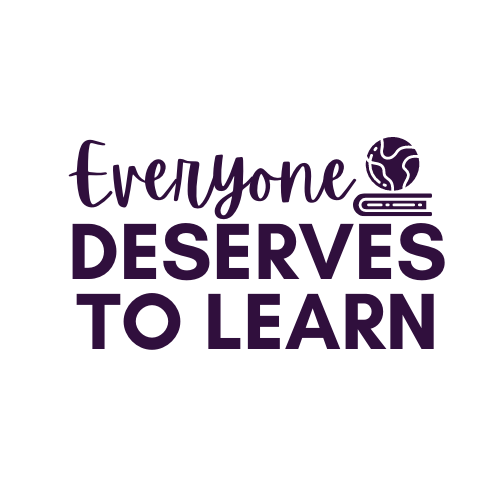Struggles with Syntax, Volume 1
Do you have students who sound a little bit like Yoda? (And not in the philosophical way?) I do. There's a really good reason for it- let me explain.
Most of my students remained in the "silent period" - somewhere between the pre-production and early production stage until about January, when all of a sudden their speech began to take off. They spoke in one word phrases using memorized vocabulary (bathroom, drink, pencil). By March, they began to string those words together into phrases, and now, I can barely keep them quiet! However, they are still in the speech emergence stage, which means they are rapidly acquiring vocabulary, but most likely do not have the grammatical infrastructure to use it correctly.
So what do we do about it? Some schools of thought say to teach grammar directly. You remember those fill-in the blank grammar books you had. Some schools of thought say to let grammar develop naturally. I stand with my feet firmly planted in midair on that point. Until this point, my students were just not ready to learn grammar directly, so they learned it naturally. However, I can't have mini Yoda's in my classroom anymore. So start with syntax will we.
 |
| The graphic above comes from a fabulous article written by a school psychologist- I highly recommend reading it. |
So what do we do about it? Some schools of thought say to teach grammar directly. You remember those fill-in the blank grammar books you had. Some schools of thought say to let grammar develop naturally. I stand with my feet firmly planted in midair on that point. Until this point, my students were just not ready to learn grammar directly, so they learned it naturally. However, I can't have mini Yoda's in my classroom anymore. So start with syntax will we.
For this lesson, we read through a reading passage together. The passage comes from K-12 Reader. When we got to the questions, my student answered like this. "The on is bug the rug." He used skills we've learned such as looking in the text and looking at the question for key words, but still had trouble putting his words in order. Since his content was correct, I grabbed a whiteboard and modeled the strategy below.
I wrote the words he used on the whiteboard (the picture is from a different question), then said, "We start with "the", so "the" is number one." I had him place a red 1 next to the word. I modeled the correct sentence out loud, and had him find the next word and place a red 2, and so on. For the second question, we followed the same procedure- I wrote the words he used, and he was able to identify which came first. By the third question, he wrote the words himself AND wrote the numbers. We read the sentence out loud in its numerical order, then used a stylus to write it on the tablet. I noticed that associating a number to the words made a huge difference in his ability to track the sentence. Since we've done a lot of 10 Finger Sentence practice, he is used to counting his words, so this was a natural progression.
It's one small step for grammar, but one large leap for syntax.
Have a great weekend!



